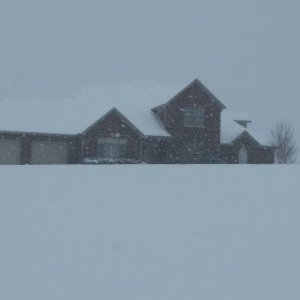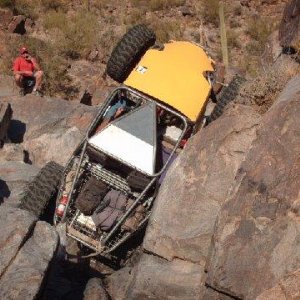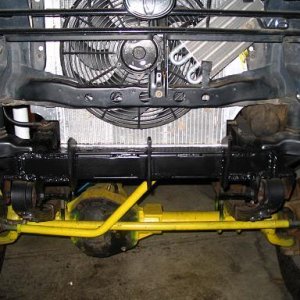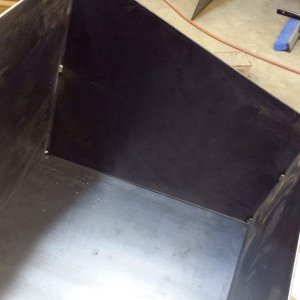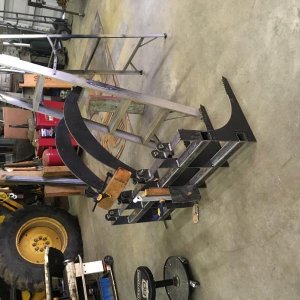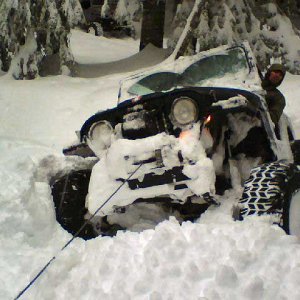Dear CrustyJeep;
No, it doesn't prove anything, except that I can build one from scratch, is all. How do you think they get new rads here in Bolivia? They sure don't buy them! You'd be suprised what you can make by hand when there is no other method. I built a 3 core for my YJ a couple of years ago and it wasn't any big deal. Took a couple of days because I modded the water pump and the t-stat housing too. And you are not exactly correct about your statement that AVAILABLE aluminum rads cool better than AVAILABLE brass rads do, either. They cool about the same, actually. Here is a little secret, my friend. The rad ususally flows more water than necessary. The REAL cooling comes from the water pumps' availability to flow coolant. If you have a high flow pump, then you have most of your cooling problems beat. Also, coolant only accounts for about 1/3 of the engines' actual cooling. The other 2/3s comes from the fuel/air mixture entering the camber/cylinder area. This is where the REAL cooling takes place at, my friend. If the timing is off or the mixture is too lean, then the fuel/air mixture won't properly cool the cylinders. If you find that you're running a bit warm, retard the spark a bit and enrichen the mixture and things should cool back down quite nicely. Oh wait! I forgot! You can't do that with FI, can you? Oh well, then I guess you'll be needing that fancy aluminum rad, after all.
Your friend;
LAMAR
No, it doesn't prove anything, except that I can build one from scratch, is all. How do you think they get new rads here in Bolivia? They sure don't buy them! You'd be suprised what you can make by hand when there is no other method. I built a 3 core for my YJ a couple of years ago and it wasn't any big deal. Took a couple of days because I modded the water pump and the t-stat housing too. And you are not exactly correct about your statement that AVAILABLE aluminum rads cool better than AVAILABLE brass rads do, either. They cool about the same, actually. Here is a little secret, my friend. The rad ususally flows more water than necessary. The REAL cooling comes from the water pumps' availability to flow coolant. If you have a high flow pump, then you have most of your cooling problems beat. Also, coolant only accounts for about 1/3 of the engines' actual cooling. The other 2/3s comes from the fuel/air mixture entering the camber/cylinder area. This is where the REAL cooling takes place at, my friend. If the timing is off or the mixture is too lean, then the fuel/air mixture won't properly cool the cylinders. If you find that you're running a bit warm, retard the spark a bit and enrichen the mixture and things should cool back down quite nicely. Oh wait! I forgot! You can't do that with FI, can you? Oh well, then I guess you'll be needing that fancy aluminum rad, after all.
Your friend;
LAMAR


